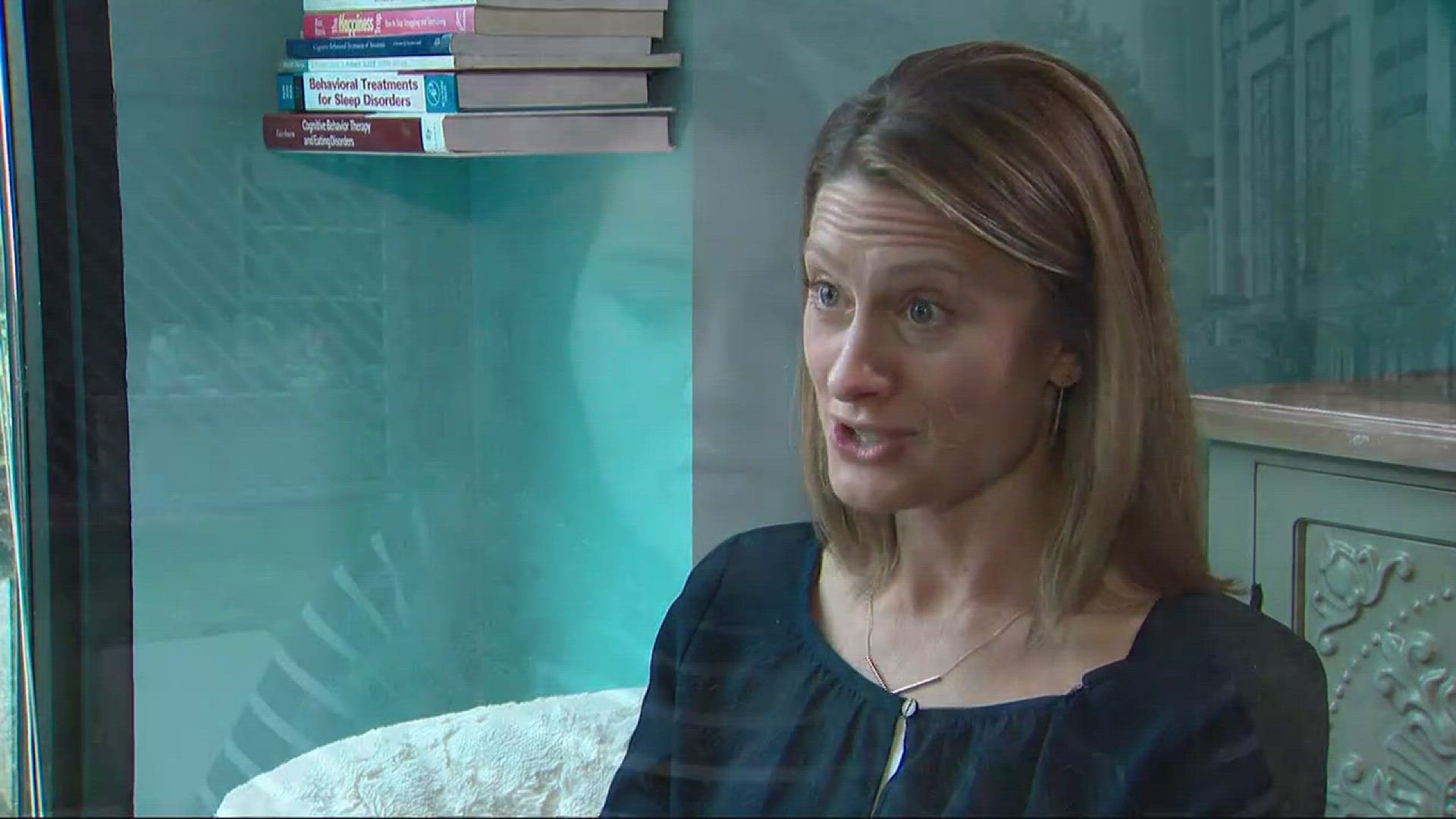Emily Candelario knows the sting of body shaming.
She’s been criticized since elementary school for everything from weight to body hair, even her clothes.
“It’s happened my whole life,” says Emily.
Her story is all too common.
One study found 94 percent of all teenage girls, and 64 percent of teenage boys have been shamed for the way their body looks.
Negative, critical, or humiliating comments about appearance can come from anyone, including well-meaning family members.
Jocelyn Negron-Rios says those kinds of comments took a long time to shake.
She says a family member told her, "Don't let yourself get too fat or your husband won't like the way you look anymore.”
Emily says the comments started to get to her as well.
“All of a sudden came this changing moment in my life maybe they're right," Emily explained.
Dr. Melissa Miller, a counselor at Southeast Psych, says they see patients as young as six years old with body image issues.
"Body image goes deeper than just making somebody feel bad in the moment. Truly body shaming starts to make somebody feel ashamed and self-loath. Then they start to think I'm less worthy as a person."
A self-image that can keep a person from participating in activities and put their health at risk. The effects can result in anxiety, eating disorders, depression or promiscuity.
Dr. Miller says, "We need to make a clear decision about whose opinion is important to us, who are we willing to listen to and get feedback from.”
She even went on to say that social media has created an epidemic of body shaming. Our bodies seemingly up for comment 24/7.
Emily says, "Accepting who I am has been my biggest challenge.”
Emily overcame the negative self-image with therapy, journaling and talking to a trusted family member.
Dr. Miller says you can minimize the impact by addressing it immediately. Jocelyn shares the same philosophy.
“When someone comments to you about your body, that's rude; and so if they have the audacity to say something to you then I’m gonna have the nerve to say something.”
According to Dr. Miller, parents can also help their children by following three simple rules.
1. Don't ever criticize their weight or appearance.
2. Don't criticize anyone else's weight or appearance.
3. Don’t talk negatively about your own body in front of your child.
Dr. Miller says comments like “I can’t eat that I’m on a diet” or “I have to lose weight before I can wear a swimsuit” send the wrong message about which bodies are worthy.
Miller and her team are producing a new documentary that examines a father’s role in forming a girls body image. A Voice That Carries premieres on Father’s Day.

